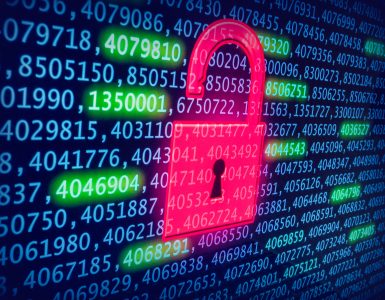On 27.2.2012 the Milan Court of Appeal published the reasoning behind the decision taken on 21.12.2012 declaring the full acquittal of Google in the case Google vs. Vividown.
The Court affirms that the criminal offence of unlawful data processing, stated by Section 167 of the Italian Personal Data Protection Code does not exist in the case under examination.
In order to have a better understanding of the decision, it is useful to analyse the text of Section167, as provided by the Italian Data Protection Authority website.
“Section 167. Unlawful Data Processing
1. Any person who, with a view to gaining for himself or another or with intent to cause harm to another, processes personal data in breach of Sections 18, 19, 23, 123, 126 and 130 or else of the provision made further to Section 129 shall be punished, if harm is caused, by imprisonment for between six and eighteen months or, if the offence consists in data communication or dissemination, by imprisonment for between six and twenty-four months, unless the offence is more serious.
2. Any person who, with a view to gaining for himself or another or with intent to cause harm to another, processes personal data in breach of Sections 17, 20, 21, 22(8) and (11), 25, 26, 27, and 45 shall be punished by imprisonment for between one and three years if harm is caused, unless the offence is more serious”.
According to Section 167, the criminal offence exists only if three circumstances occur simultaneously:
1) deceit with the clear intention of either gaining profit or of causing damage
2) data are processed violating one of the other Sections mentioned in Section 167
3) data processing has in fact caused damage.
According to the Court, the third circumstance has occurred. The other two have not.
First of all, clear deceit has not occurred: in fact it implies not only the purpose of gaining profit through ordinary commercial activity, but a specific profit directly achieved by the accused.
Secondly, data have been processed without giving data information to the data subject, but Section 13 of the Italian Personal Data Protection Code, which affirms this duty, is not mentioned in Section 167. Moreover, the duty to give data information to the data subject is the duty of the data processor, who in this case is the uploader of the video.
We can certainly share the opinion of the Milan Court of Appeal regarding their reasoning, which has the merit of shedding some light on a highly complex matter, which still has to be defined.













Add comment